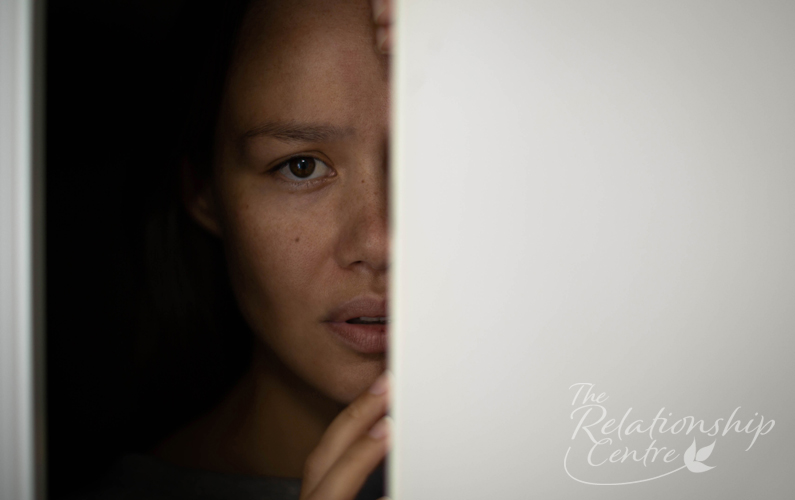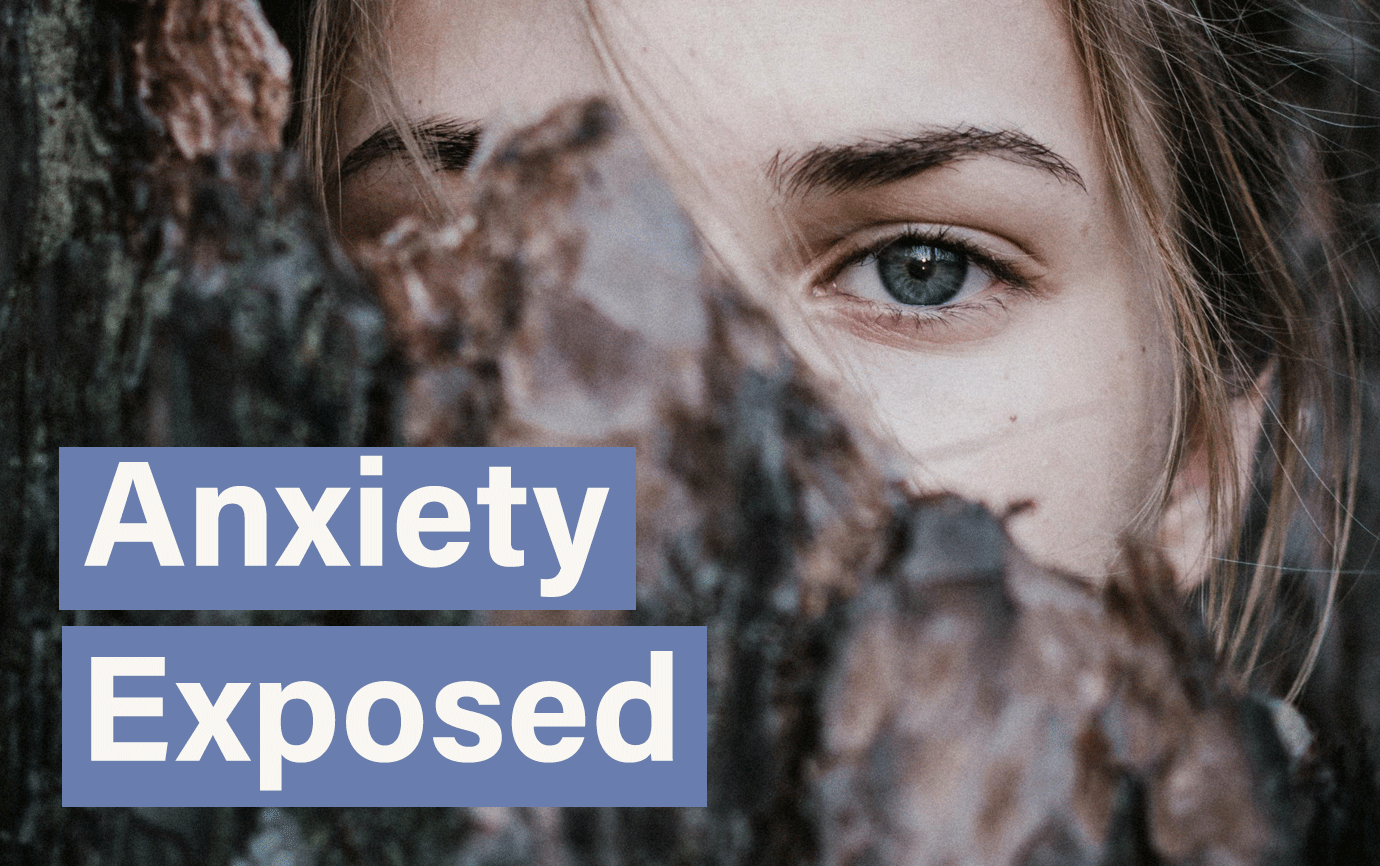You have probably heard a lot about post-traumatic stress disorder (PTSD) in the media. This disorder is a mix of symptoms that develop after a traumatic event. It’s commonly associated with individuals who have been in combat, survived terrible accidents, abuse, and sexual assaults.
But PTSD can also develop after other upsetting, life-altering experiences. It is not limited to soldiers or sexual assault survivors. These can include surviving a natural disaster such as earthquake, fire, flood, or tornado. Going through a medical crisis can also lead to PTSD. There are many more potential causes as well.
How to Tell if You Struggle with the Disorder
Perhaps you’ve gone through difficult situations like these and wonder if you have PTSD. Our brains and bodies are designed to help protect us. They often operate from the fight, flight, or freeze mode, which is a bio-physiological system that prepares us to defend ourselves. It does this by increasing bio-hormones such as adrenaline and cortisol and altering other physiological processes.
The nervous systems of those who have experienced trauma often get “stuck” in a fight, flight, or freeze mode, even after the danger is gone. If this sounds familiar, here are common symptoms of the disorder.
Flashbacks and Related Symptoms
Flashbacks are closely associated with PTSD and may be one of the first things you think of. They can occur when an external or internal trigger causes distressing memories of the traumatic event. You may feel the same physical symptoms you felt during and immediately after the trauma. Essentially, you’re reliving the event, even if it happened years ago.
Anxiety Symptoms
PTSD is closely related to anxiety disorders. If you have PTSD, it is very likely that you will experience some of these.
Hypervigilance
This is a fancy term that basically means you’ve always on alert for potential threats. Small things can trigger you. Other people may tell you you are overreacting to small things, but it does not feel that way to you. You might feel on edge all the time. Perhaps you feel angry all the time. Loved ones notice these changes.
Insomnia and Nightmares
PTSD can create sleep problems. You may feel so on edge that you cannot relax enough to fall asleep. Or, even if you fall asleep, you wake up later consumed by anxiety and dread. Getting back to sleep is impossible. Nightmares about the traumatic event can also disrupt your sleep.
Avoidance
Those who live with PTSD and anxiety often learn to avoid any situations that might trigger their symptoms. Perhaps you know that certain locations, sounds, smells, weather events, and more will create an increase in your flashbacks.
While avoiding such triggers may help in the short term, unfortunately, it often means that your life will become much more limited. As you learn to avoid triggers, you’ll avoid them more and more. You might even pull away from family and friends. This can exacerbate your experience of PTSD.
Cognitive Symptoms
Unfortunately, PTSD can also cause you to have a very hard time concentrating. It can also lead you to ruminate on negative thoughts and become hopeless about life. This can affect your ability to perform well at work, maintain relationships, and handle everyday tasks.
As you can tell, many of these symptoms can vary and overlap with each other. What one person with PTSD experiences can be very different from what others experience.
Living with PTSD is painful in many ways and can severely limit your quality of life. But it is possible to find healing and learn how to reduce and even overcome your symptoms.
Therapy for PTSD is a very important option to consider. In our practice, we have helped many PTSD clients learn how to manage and overcome its control over their lives.
If you’d like to learn more, please reach out to our office.










